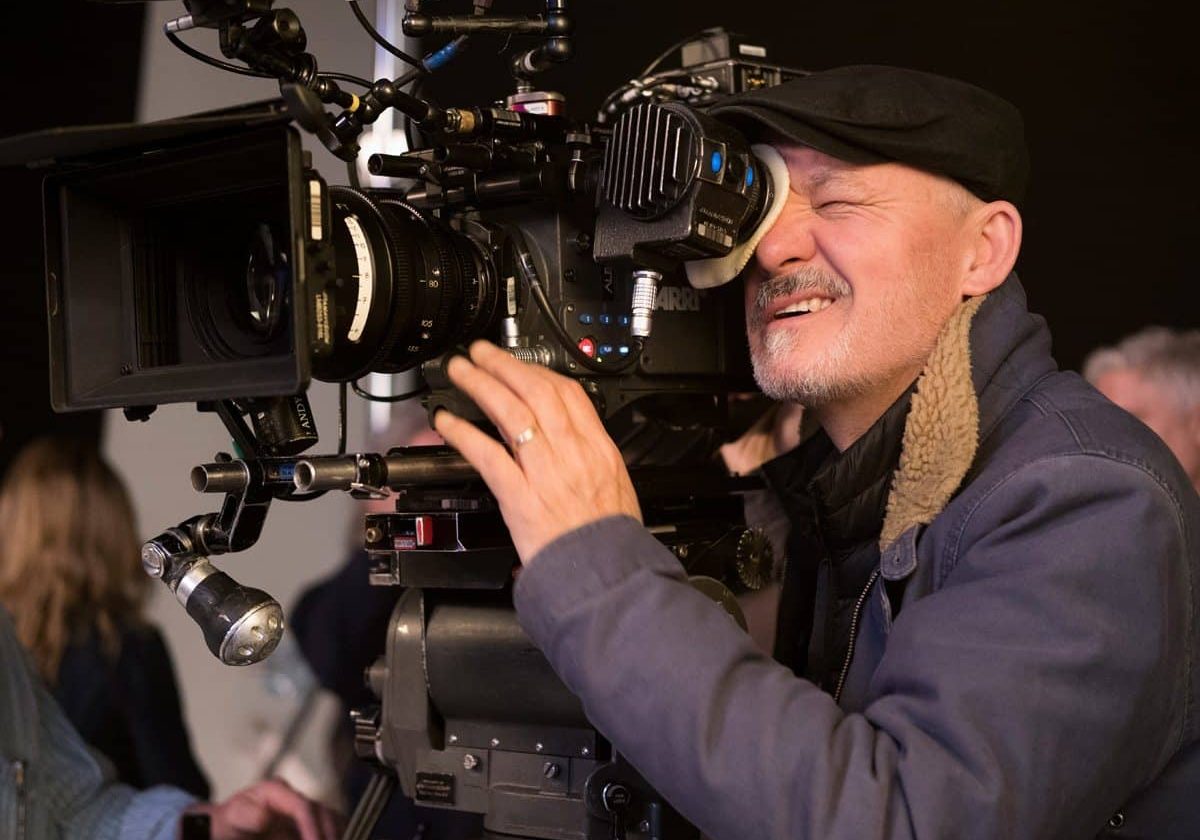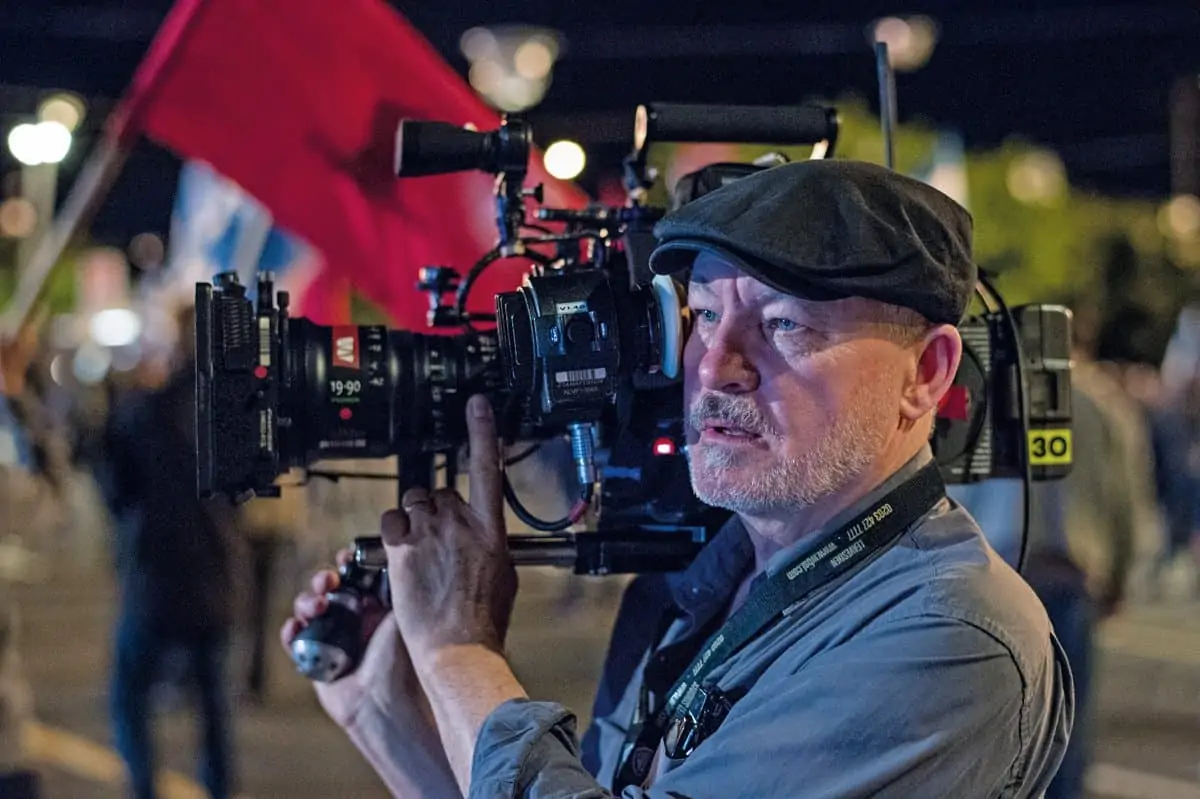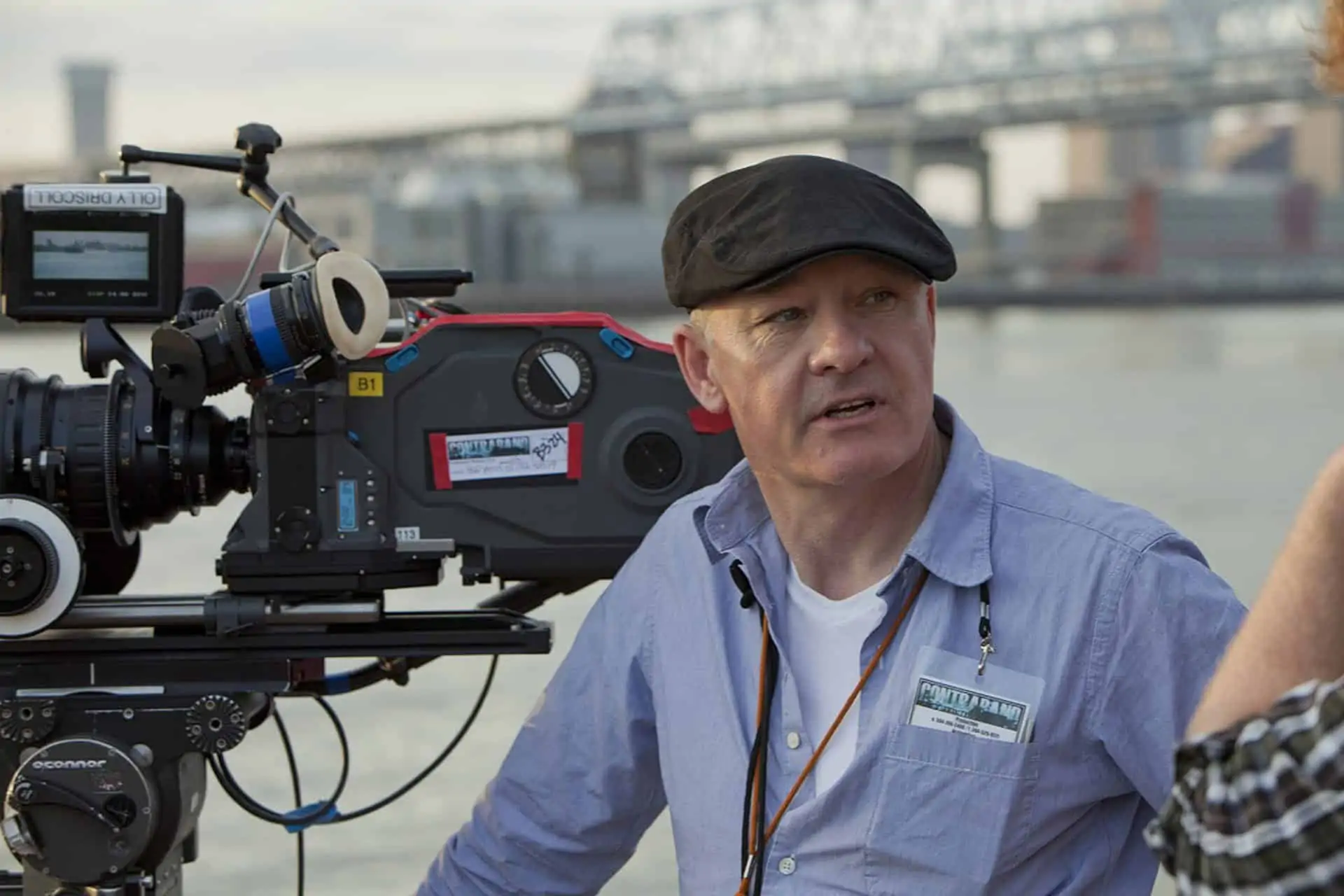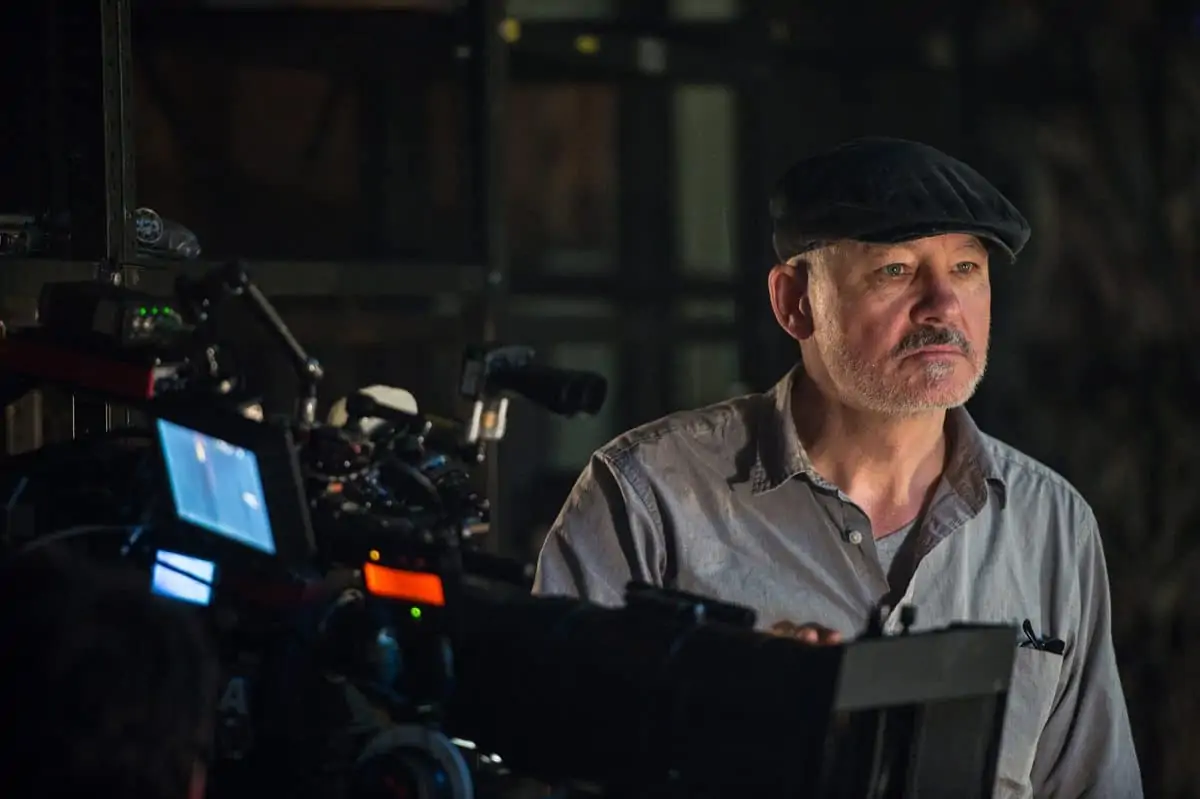Beyond Brexit
President's Perspective / Barry Ackroyd

Beyond Brexit
President's Perspective / Barry Ackroyd
We all know that feeling when something goes horribly wrong. Like when you open the door to the film magazine, expose the neg and ruin those vital rushes. You feel sick to your stomach. Things are not right and your world is falling in.
That was the feeling of Brexit on that morning of June 24th, when we all got shovelled into the unknown. A strange Luis Buñuel plot, written by a committee, that had no script and no ending, populated by characters with no morals, who foolishly speak in riddles. A sick comedy, in which public schoolboys fart in class, turn their backs and then point fingers at their chums, saying "It's not my fault.” The leading cast members – Gove, Johnson and Farage.
Now that time has passed, and what seemed like an almighty cock-up now just seems like the same old routine. But we need to take this seriously and ask ourselves, what might be the long-term consequences for British films and for British cinematography? I wish I had the answers, but I don't. So the "known knows”, will have to suffice. We know that Europe has played a significant part in the growth of British film. It's helped to keep small independent films alive and provides independent screens in 47 countries. By turning our backs on Europe (if we eventually do), we can expect the possible end of funding from European bodies, or at least some reduction in financial support, which in turn will be a major blow to our smaller budget films, which are at the heart of British cinema.
Then there is the dramatic fall in the value of the pound against the dollar and I'm sure the US film corporations will not be deterred in their quest for global domination at the box office, as these studios will literally now get more "bangs for their bucks" as they "double dip" our economy and our talent.
If this is the case, and smaller films start to lose the help of European funding, and distribution, then who will we be left to fund, develop and promote our films? It leaves us with the BBC, the BFI, perhaps a little help from Film4, plus maybe some crowd funding, or a lift from investment banking.
If this is the case, then my big worry is how will we find and fund original films and, more importantly, original filmmakers? Directors, producers, cinematographers, actors, designers? Our options just got fewer as independent filmmaking is now left solely in the hands of a small few who carry the huge responsibility. The BFI has now the sole responsibility, of taste and quality, in what is our vital independent sector. The BFI is charged with using its meagre £50m yearly budget, to develop, homegrown talent, to kickstart new British filmmaking and to save the past through archiving. It's a David v Goliath problem.
Believe it or not I'm trying to be optimistic, even realistic. We certainly need as much funding as we can get, but by reducing our influence, I fear the consequences could be a return to a "small England" view of the world where we turn inwards and remain in the status quo. It’s the “Stay Calm And Carry On” attitude which parts of BBC Films has clung onto with brilliant foresight, although they are in the process of substituting ideas for nostalgia, with a policy of rebooting "classic" TV comedies from the past. Digging up the carcasses of Are You Being Served?, Till Death Us Do Part and Steptoe And Son, not to mention The Office reimagining of David Brent: Life On The Road, Absolutely Fabulous: The Movie, and The Rack Pack, a movie about the "glory days" of snooker, which was released initially only on BBC iPlayer.
Can this be the future? Is it the equivalent response to Hollywood's obsession with the DC and Marvel comics? Or is it a stab at the lucrative Chinese market, where snooker is extremely popular. And, yes, Carry On films are on their way back soon.
Ex-PM David Cameron left us with a legacy to provide tax relief to aid filmmaking, but added the caveat of the aim being to fund "commercial movies", the result being the boom in corporate moviemaking here in London. Whilst the tax benefits have created many valuable jobs, with total spends of over £1.4 billion per year on these movies, it seems to me that opportunity is narrowing for our new talent.
Can micro or, to put it another way, no-budget filmmaking ever give the opportunity to breakthrough? Can films that are not XXL or super-sized, ever get decent distribution on any platform? Or will the cinemas and online platforms continue to promote the "guaranteed" glam and glitz, big bang blockbusters and furious films from Hollywood?
Brexit has dealt the country, and the British film industry, a bum deal, but it won't stop filmmaking being one of our major creative endeavours. Cinema is bigger than that, and it's our job, as ever, to play whatever cards we have.
Things will always be a struggle. I regret the loss of opportunity and talent that we will never get to see. But, if we move forwards, making films better and bigger (in that order), then we will continue to have an audience worldwide. It's then that cinema and cinematography will get showcased.
Things must change and nothing can stay the same. One day even politicians might resort to the truth.
Long live cinema!
Barry Ackroyd BSC
President
British Society Of Cinematographers







